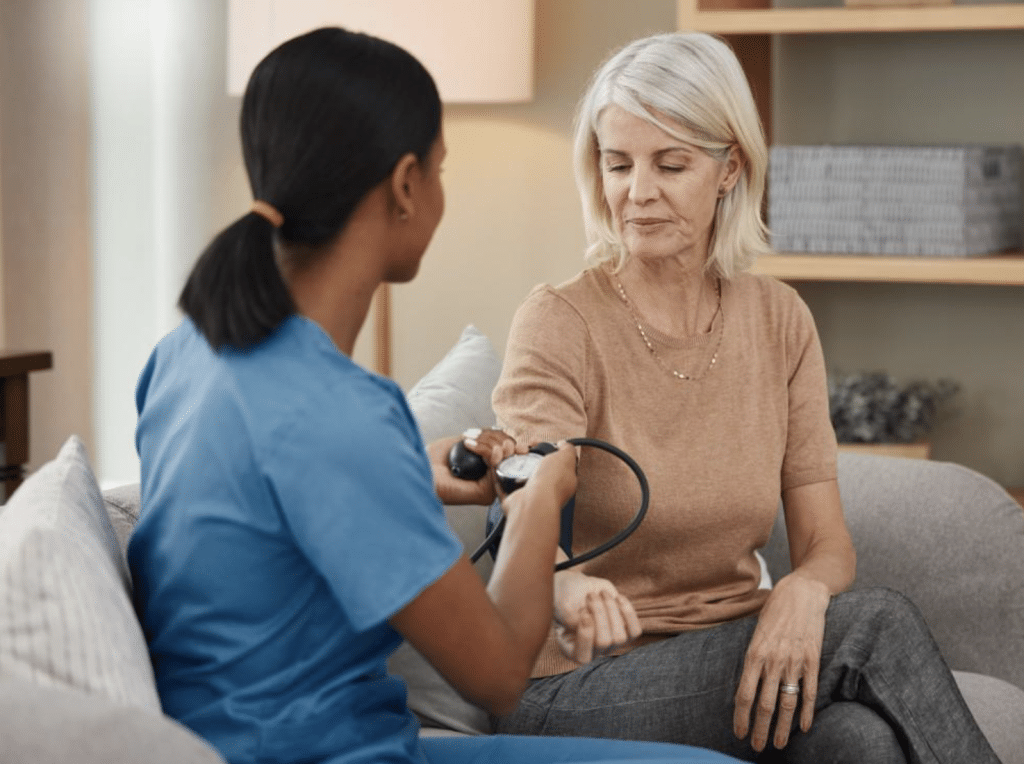Sexually transmitted diseases are the most common infections in the globe. They can affect anyone though they are prone to sexually active people, majorly youths and younger adults. Most STDs are asymptomatic, making them more dangerous as one can transmit them to their partners without knowing.
STDs can have serious health consequences if left untreated. However, people with STDs can lead healthy, fulfilling lives with proper management and treatment. The management starts with STD testing. After knowing your status, you can get appropriate treatment.
In addition to medical treatment, certain lifestyle changes can help manage STDs and reduce the risk of complications. Here are some lifestyle changes that can help manage STDs:
Practice safe sex
The most effective way to prevent the spread of STDs is to practice safe sex by using protection barriers like condoms. People with multiple sexual partners should also consider getting tested for STDs regularly.
However, you should note that using protection is not 100% effective, as some STDs spread through skin-to-skin contact. The only surest way is always to know your status and the status of your partner.
Quit smoking
Some STDs like HIV lowers the body’s immune system, making it hard for the body to fight off infections. Smoking can further weaken the immune system, making you more susceptible to infections.
Furthermore, smoking affects the liver and other body parts, which can further increase infection in your body.
If you have an STD, you should quit smoking to help manage your condition and reduce the risk of complications.
Maintain a healthy diet.
Besides weakening the immune system, STDs also cause inflammation in various body parts. You should therefore eat a healthy diet that can help boost the immune system and reduce inflammation.
If you have STDs, you should eat a balanced diet with plenty of fruits, vegetables, lean protein, and whole grains. These foods will promote the production of hormones responsible for reducing inflammation and boosting the immune system.
Exercise regularly
Regular exercise has many benefits for not only those with STDs but everybody. Exercise can help boost your immune system and improve your overall health by reducing stress levels.
However, people with STDs should consult their healthcare provider before starting a new exercise program.
Manage stress
Most people with STDs have weak immune systems not because of the infection but stress. Stress is one of the things that weakens the immune system and makes it more difficult for the body to fight off infections.
If you have STD, you should practice stress-management techniques such as meditation, yoga, or deep breathing exercises to help manage your condition.
Get enough sleep
Sleeping is important not only for those with STDs but also for chronic diseases. Adequate sleep can help boosts immune system, thus promoting your overall well-being. It helps your body recover and can speed up the healing of the inflammations. You should therefore prioritize getting adequate sleep.
Conclusion
Lifestyle changes can play an important role in managing sexually transmitted diseases. While medical treatment is essential, certain lifestyle changes can help manage symptoms, reduce the risk of complications, and improve overall health and well-being.
Practicing safe sex is one of the most effective ways to prevent the spread of STDs. Using condoms or other barrier methods can help reduce the risk of infection. Quitting smoking, maintaining a healthy diet, exercising regularly, managing stress, and getting enough sleep can also help manage STDs and reduce the risk of complications.
You should work closely with your healthcare provider to develop an individualized treatment plan, including medical treatment and lifestyle changes.

